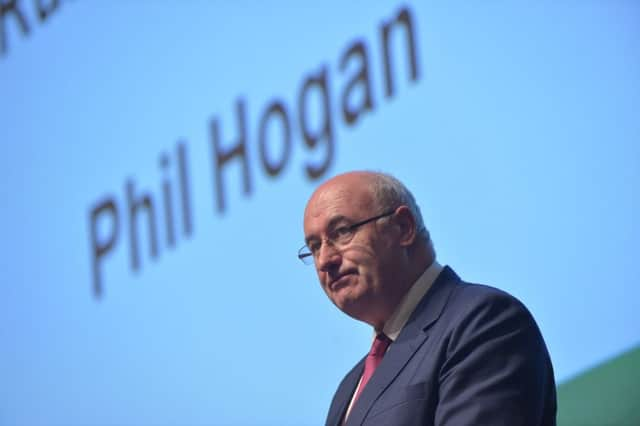Brazilian beef won't be banned


Instead, after visiting Brazil, the EU food safety commissioner said meat plants would be audited by Commission veterinary inspectors by mid-May at the latest. In the meantime it would be business as usual – but with additional checks on imported Brazilian beef. This was no surprise, and it was equally no surprise that the Commission rejected suggestions that trade talks with the Mercosur countries of South America, including Brazil, should be suspended.
To be fair to the Commission this is commensurate with the risk. It makes clear to Brazil that it must prove it has tackled the problem and face full inspections of its industry. It also gives European consumers the protection they need. The Mercosur talks, which are important to the wider European economy, were never likely to be suspended. However the softly, softly approach towards Brazil, when it has been caught over corrupt practices and sale of meat not suitable for human consumption, contrasts with the wrath the UK is facing over Brexit.
Advertisement
Hide AdAdvertisement
Hide AdThis is particularly so in the European parliament, where this week many MEPs were enraged with the UK decision to leave the EU. It is still difficult to see how they could claim the UK can only go if it pays up to 50 billion euro in financial compensation. MEPs fromsome countries need to remember that in contrast to their own home nations the UK has never defaulted on its obligations, and for years has been a huge net contributor to the EU.
At this week’s farm council ministers were a lot more conciliatory towards the UK than some MEPs. This reflects a growing view in the EU 27 that much as they may regret, or even envy, the UK’s departure this has to be an orderly process. As the months go on, the rhetoric of accusations will be replaced by sensible negotiations. It was no surprise that after this week’s farm council the farm commissioner, Phil Hogan, said he believed it would be ‘inappropriate’ for the UK to be involved in the detailed discussions on the future of the CAP after 2020. Removing itself from discussions beyond Brexit is in any event something the UK has done voluntarily.
In this week’s debate on the future of the CAP the UK did make the valid point that if post-2020 is about simplification, why can some of that not be delivered now under the present regulations. That was a reminder of logic that will be missed when the UK leaves – and it would have been a natural ally of the Scandinavian and Baltic countries that have come together to demand a less centralised, and simpler CAP.
This pressure for simplification was underlined by the failure of the Commission to simplify greening. Instead, it has made it even more complex. Just as turkeys don’t vote for Christmas, it seems bureaucrats do not understand the principles of simplifying regulations, or even making them more practical.
Advertisement
Hide AdAdvertisement
Hide AdFarm ministers in the EU 27 must know they are heading for a policy that will be just as complex and more green than the current CAP, but with reduced direct support for farmers. That is inevitable, and Brussels will make sure it happens. It is adept at using statistics to prove what it wants, and will do so again over the direction in which European ‘citizens’ want to take the CAP.
That should make us glad to be escaping what is increasingly a failing policy. But departure would feel a lot more comfortable if there were even faint signs of the UK coming up with a policy that farmers could genuinely believe is better. We could break away from the CAP and its anti-science stance, its excessive regulation and the constant desire to justify the policy by making it greener and less practical. But those same sentiments drive policy at Westminster.
Voting power, and therefore political power, does not lie with farmers. Just like Brussels, politicians at Westminster will be over-influenced by the green lobby, when it comes to setting policy for the countryside. This means farmers could escape the frying pan of the CAP, only to jump into a fire of home-produced UK regulations driven by the same thinking – but with less money available.